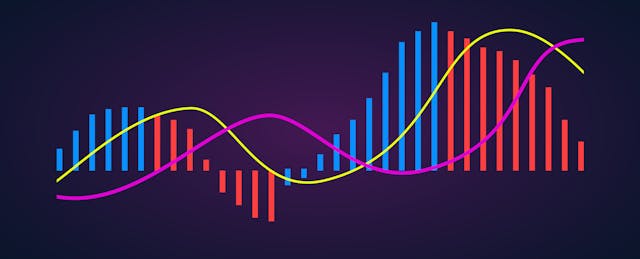There are longstanding debates about testing in education. Some say we test kids too much and should do away with things like the SAT. Others think assessments still have value and must continue, but delivered in more modern ways.
So, what’s the right amount?
But what if that’s the wrong question? What if the way we think about testing and how we measure students is broken altogether?
That’s the argument made by our podcast guest this week, Todd Rose, who has researched the history of grades and standardized tests and argues for a new way to think about them.
You may know Todd Rose from his bestselling book, “The End of Average.” He was formerly a professor at Harvard University’s Graduate School of Education, but recently left to focus on his own nonprofit, Populace. It’s a think tank devoted to finding new ways to measure the views of individual Americans on issues like education.
He says he knows what it feels like when grades and tests suggest you’re not good enough. “It culminated in high school where I had just failed so many times,” he says. “So I dropped out.” He found his way back to college years later, first in a night program where he graduated as honor student of the year, and later getting his Ph.D from Harvard University.
“When I think about true equal opportunity, it cannot just be equal access to a standardized experience,” he argues. “It is about equal fit between every single kid and the system”—and helping each student reach their fullest potential.
So how do his ideas apply in this moment of widespread disruption to education systems? He argues that parents and other stakeholders have awoken to the “remarkable divergence” between what education systems do and what people want them to do.
“Most of what we’ve done is false precision,” he says of today’s systems of standardized testing. “It gives us the appearance that we understand when we don’t understand.”
One promising answer, he argues, is a shift to so-called mastery learning, where students are asked to prove a high level of competence in a subject area before moving on to the next lesson.
Rose worries that the growing frustrations with the status quo may actually risk leading educators to pull back too far from efforts to measure students. “We’re ready to throw the baby out with the bathwater,” he says.
Listen to the full episode on Apple Podcasts, Overcast, Spotify, Stitcher, Google Play Music, or wherever you listen to podcasts, or use the player on this page.


